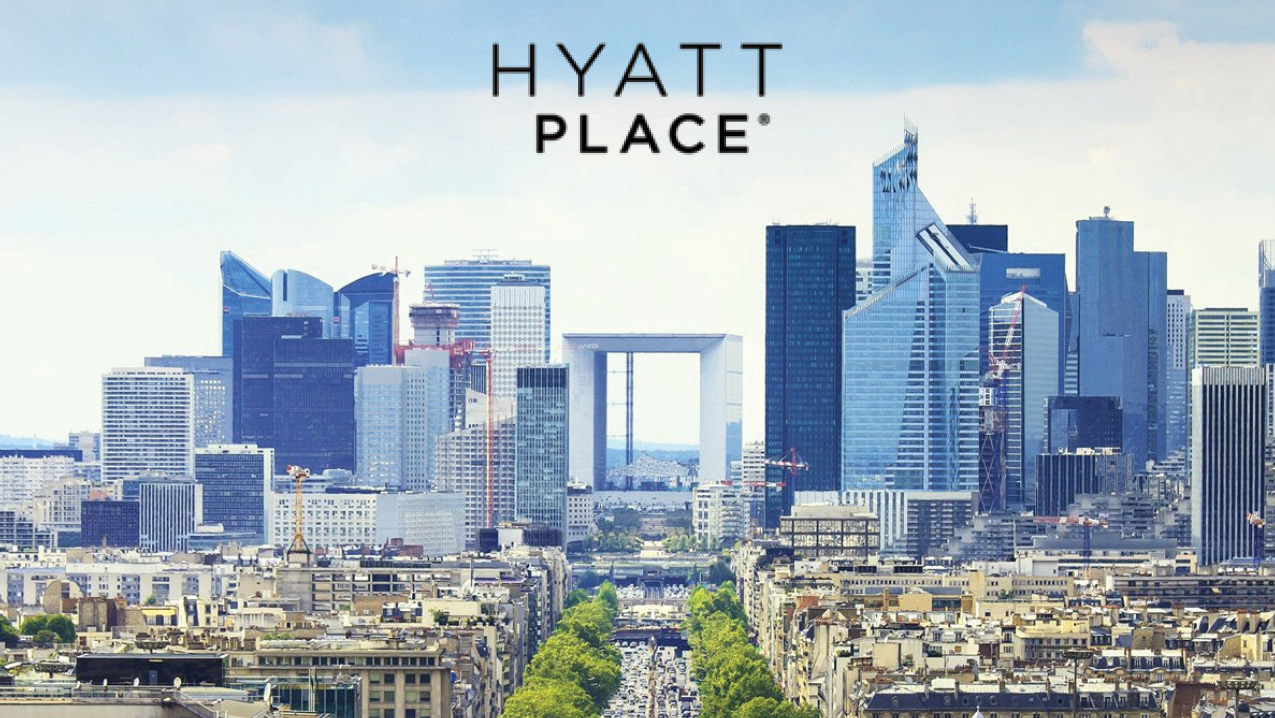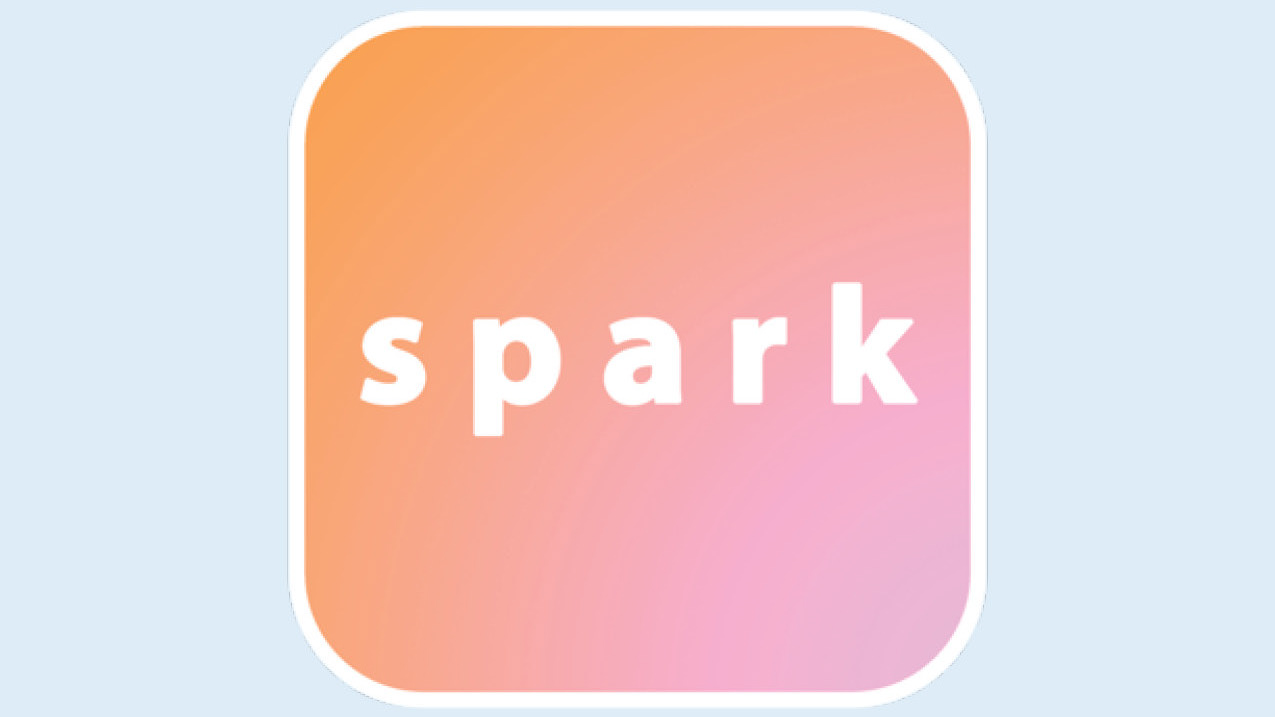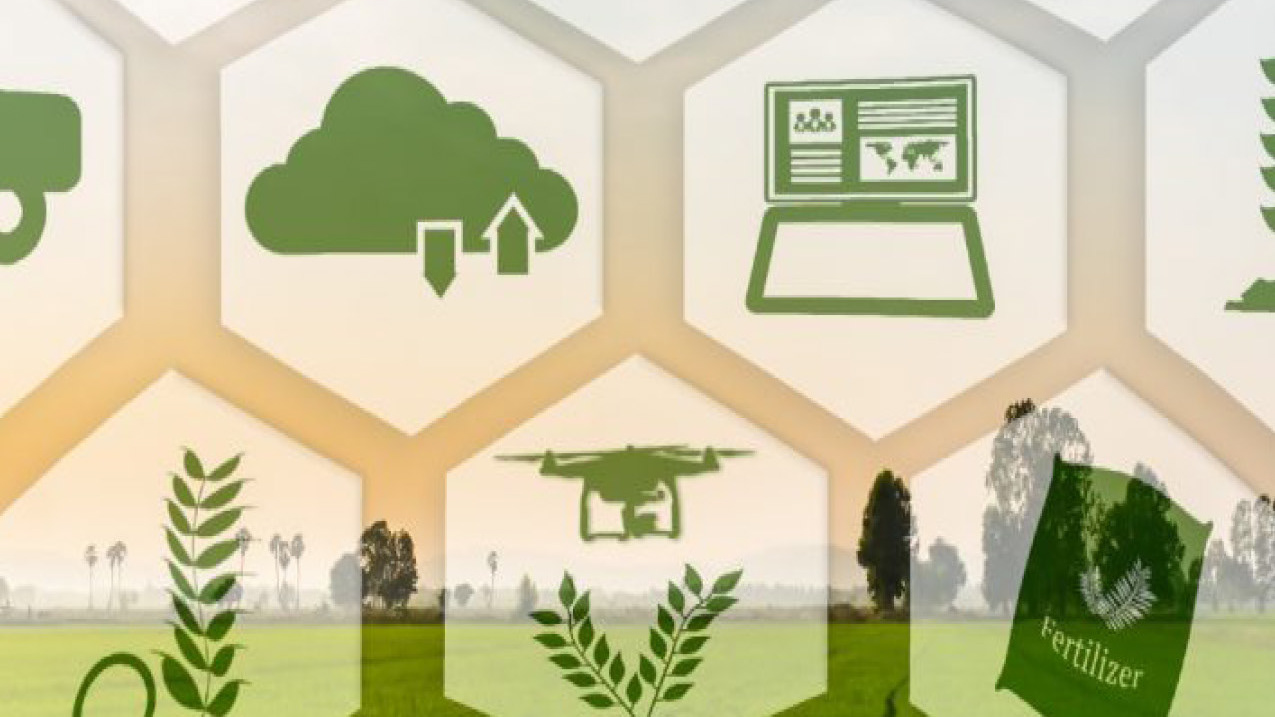MasterCard opened a case competition to propose a unique challenge: Recommend products or services that would effectively increase the demand for digital money and open opportunities for largely cash-based customers to participate in the financial system.
For this case, a team of four peers and I provided the Mastercard senior leadership team with a recommendation on how to increase financial inclusion in developing countries through our proposal to develop the KidCommerce program.
In 2010, the United Nations Capital Development fund launched a partnership with the Mastercard Foundation, YouthStart, aimed at increasing access to financial and non-financial services for the world’s low-income youth. Our recommendation exapnds on the existing program.
Using free lunch programs combined with Mastercard technology, school age children will be introduced to cashless payment systems starting at a young age and throughout adolescence. Participants will use Mastercard’s fingerprint technology to “purchase” their already free lunches provided by the school. These payments will be connected to accounts that keep track of how many lunches the students have left. They will also take classes in financial literacy and also manage fake credit accounts attached to the cashless payment systems. This will allow participants to actually practice using cashless payment technology while at the same time building financial literacy. Practice will lead to understanding and trust with cashless payment systems across whole generations of future users.


